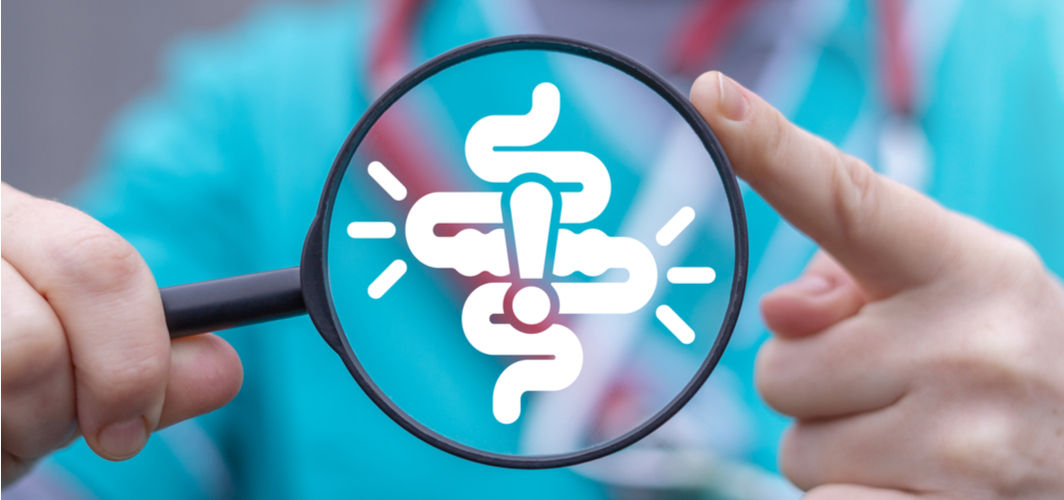Digestive Health
Differences: Irritable Bowel Syndrome and Inflammatory Bowel Disease
6 min read
By Apollo 24/7, Published on - 24 August 2021, Updated on - 26 January 2023
Share this article
1
18 likes

Digestive Health
Leave Comment
Recommended for you

Digestive Health
Constipation: 5 Common Causes That One Should Know About
Constipation is a common problem that can affect people of any age. While most constipation cases are mild and can be easily addressed with exercise and diet changes, some may require medical treatments.

Digestive Health
How to Identify Abdominal Pain Caused by Gallstones
Sudden, severe pain in the upper right abdomen, fever, or yellow skin, could indicate the presence of gallstones. These stones are usually made up of cholesterol and develop in the gallbladder.

Digestive Health
Loose Motion: Causes, Symptoms, Treatment, Diet & Complications
This comprehensive article explores the causes, symptoms, diagnosis methods, and treatment options for loose motion or diarrhoea. It also covers potential complications and prevention measures.
Subscribe
Sign up for our free Health Library Daily Newsletter
Get doctor-approved health tips, news, and more.
Visual Stories

Hidden Health Benefits in a Bowl of Salad
Tap to continue exploring
Recommended for you

Digestive Health
Constipation: 5 Common Causes That One Should Know About
Constipation is a common problem that can affect people of any age. While most constipation cases are mild and can be easily addressed with exercise and diet changes, some may require medical treatments.

Digestive Health
How to Identify Abdominal Pain Caused by Gallstones
Sudden, severe pain in the upper right abdomen, fever, or yellow skin, could indicate the presence of gallstones. These stones are usually made up of cholesterol and develop in the gallbladder.

Digestive Health
Loose Motion: Causes, Symptoms, Treatment, Diet & Complications
This comprehensive article explores the causes, symptoms, diagnosis methods, and treatment options for loose motion or diarrhoea. It also covers potential complications and prevention measures.